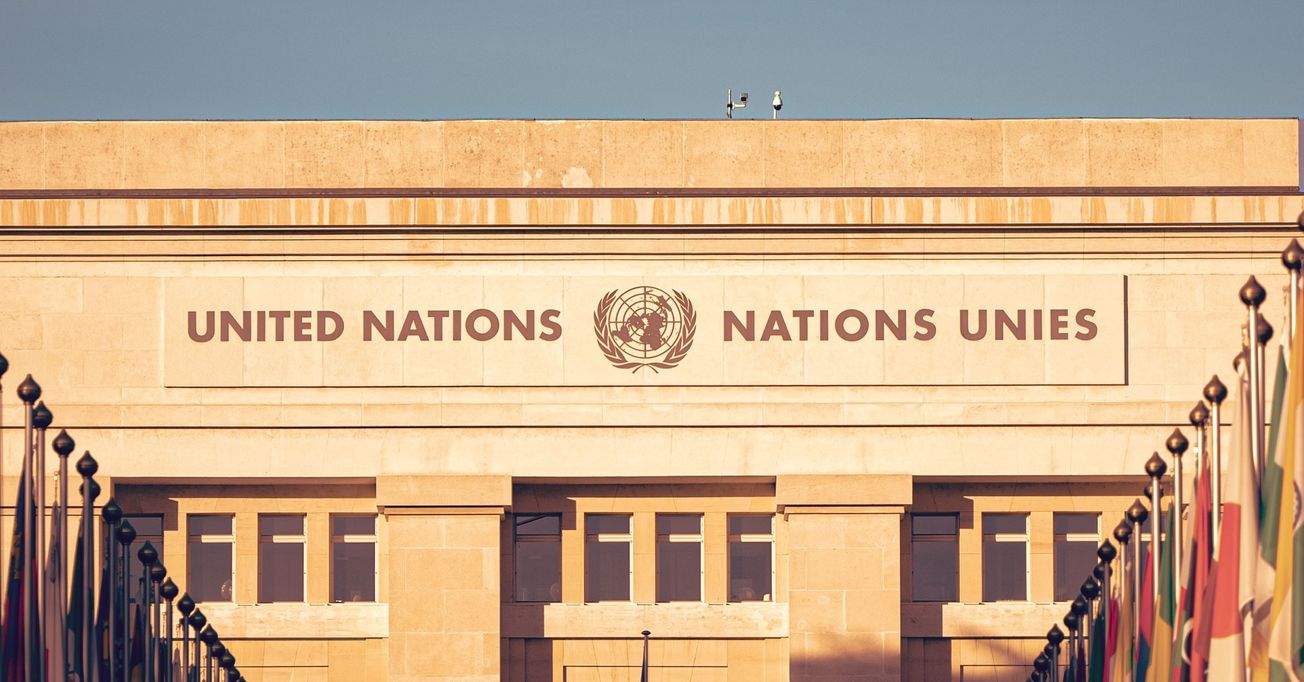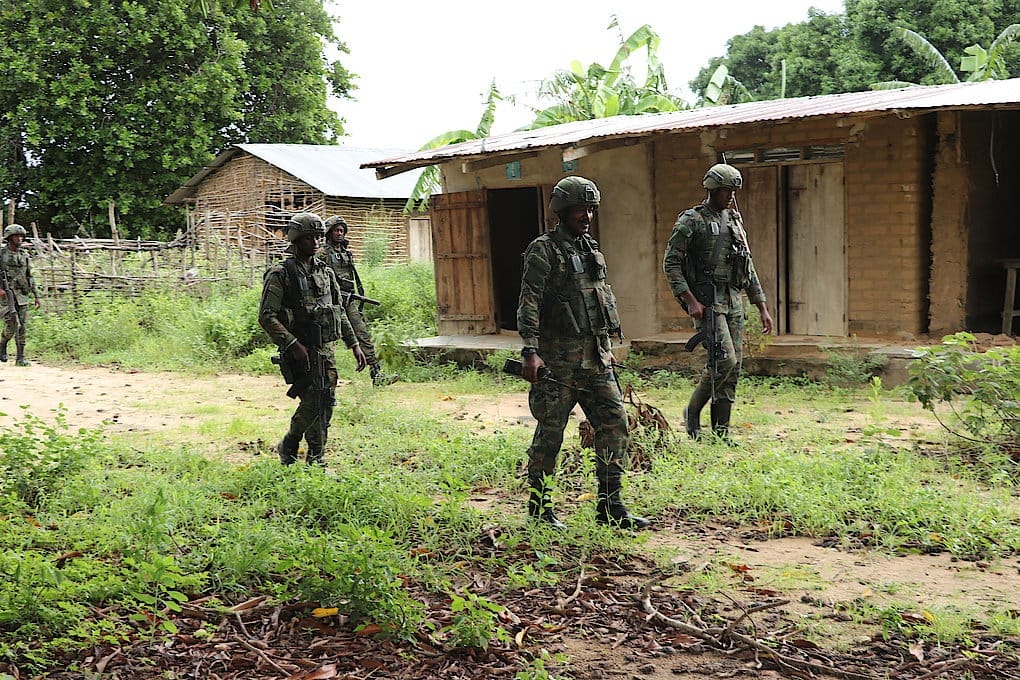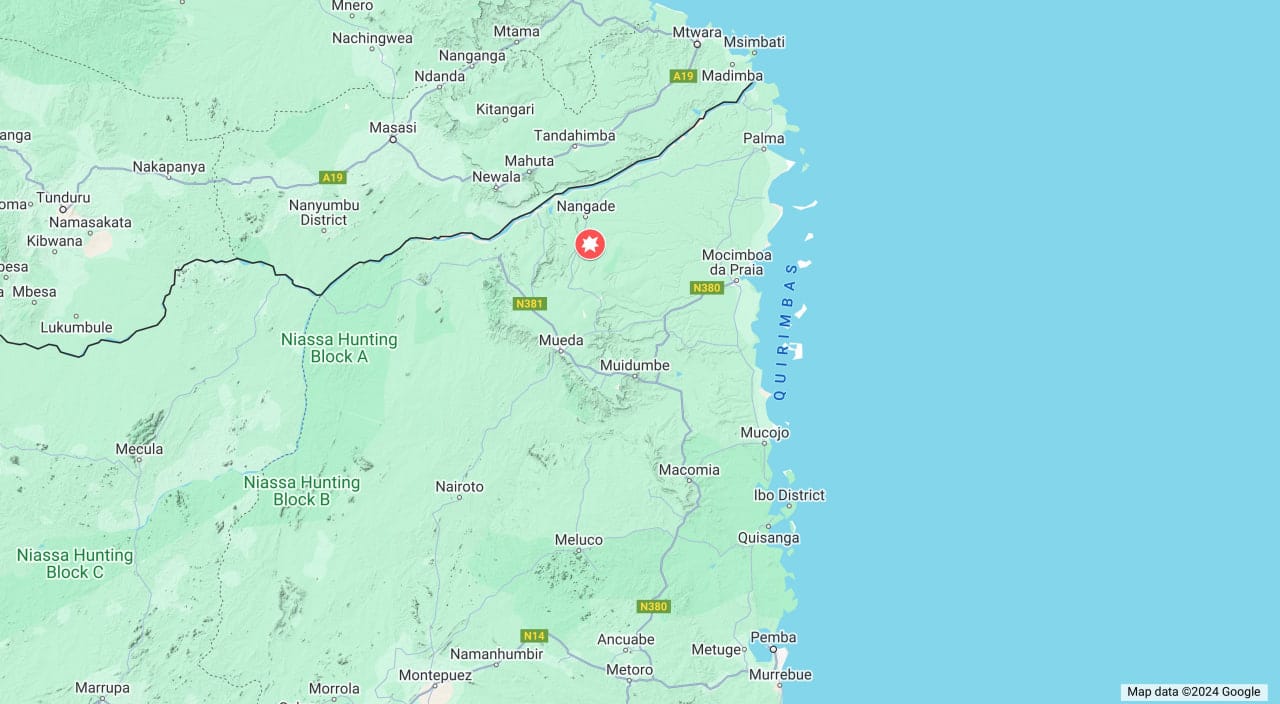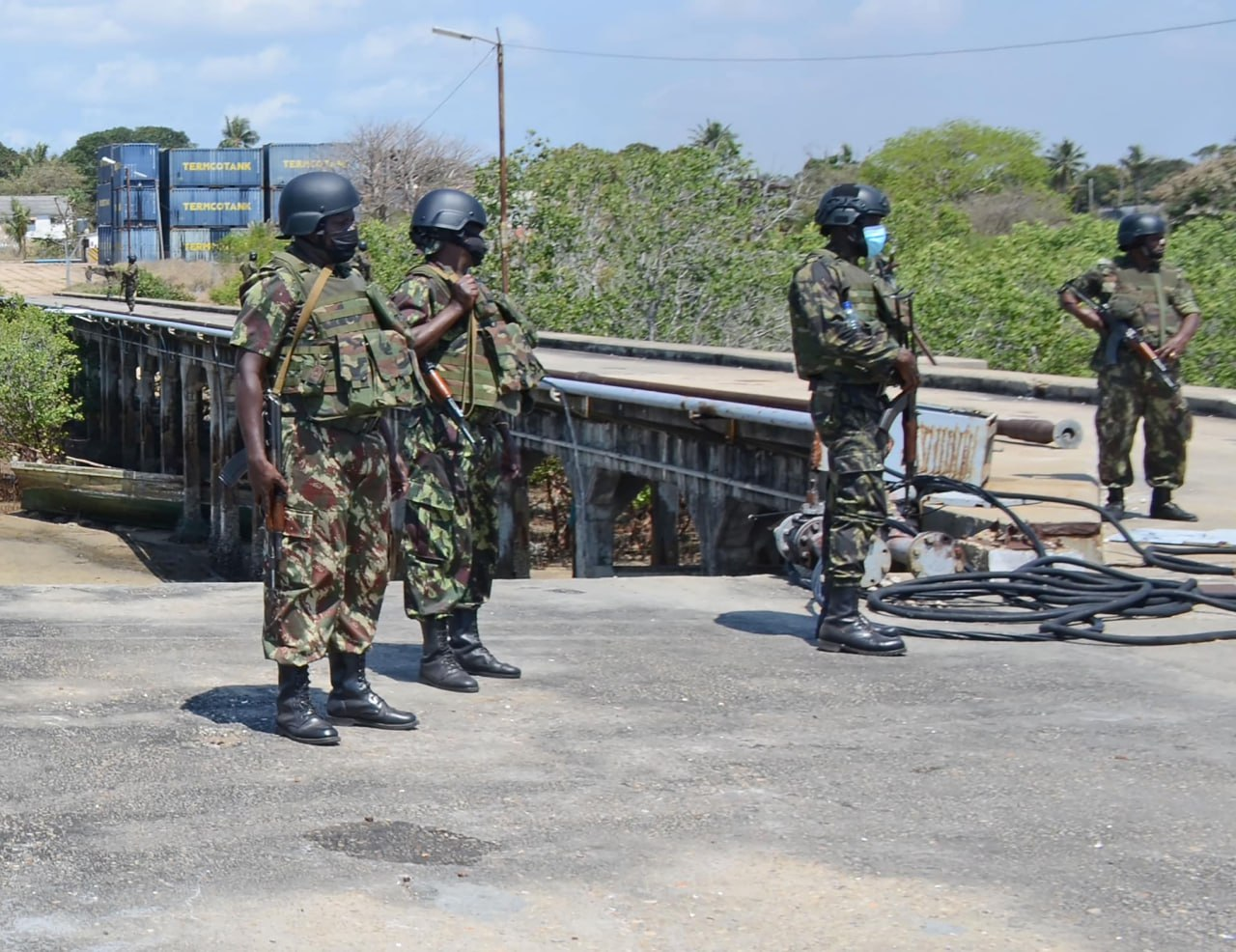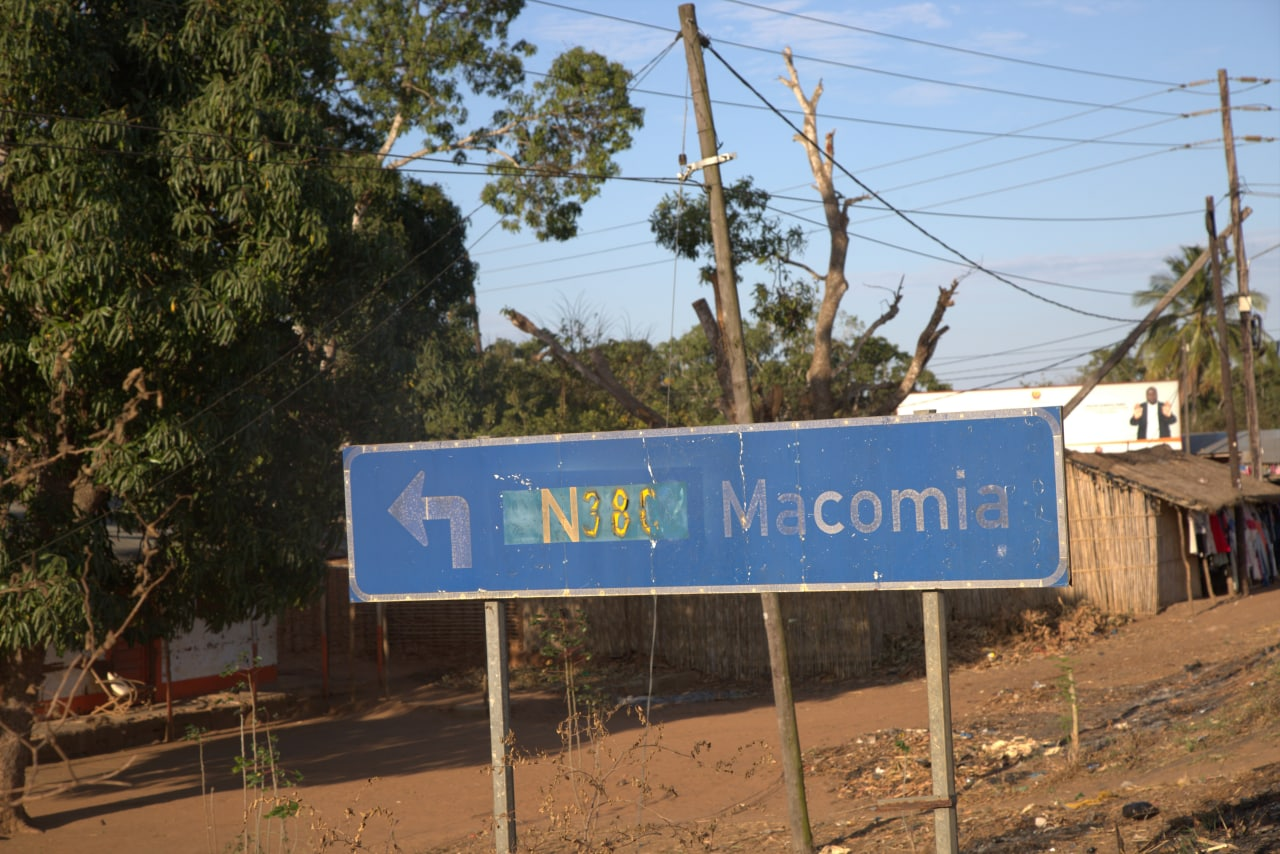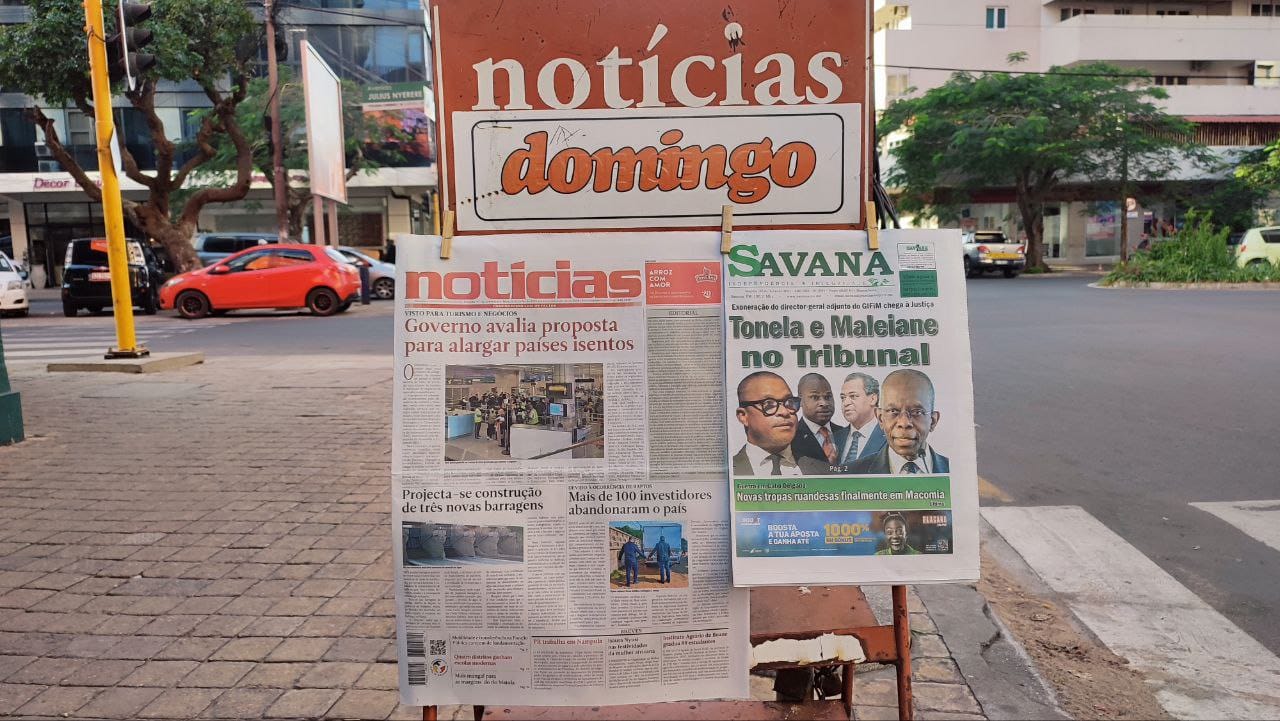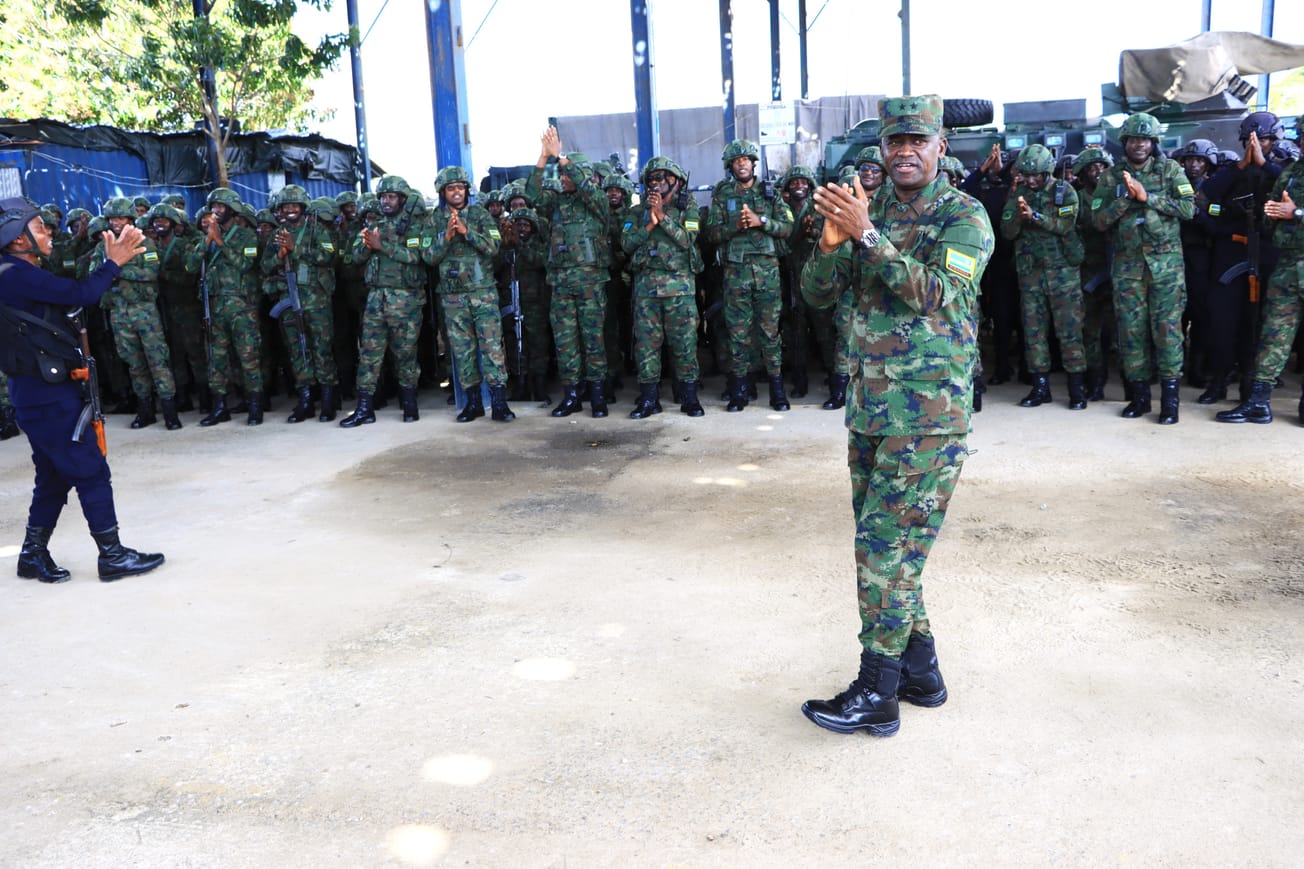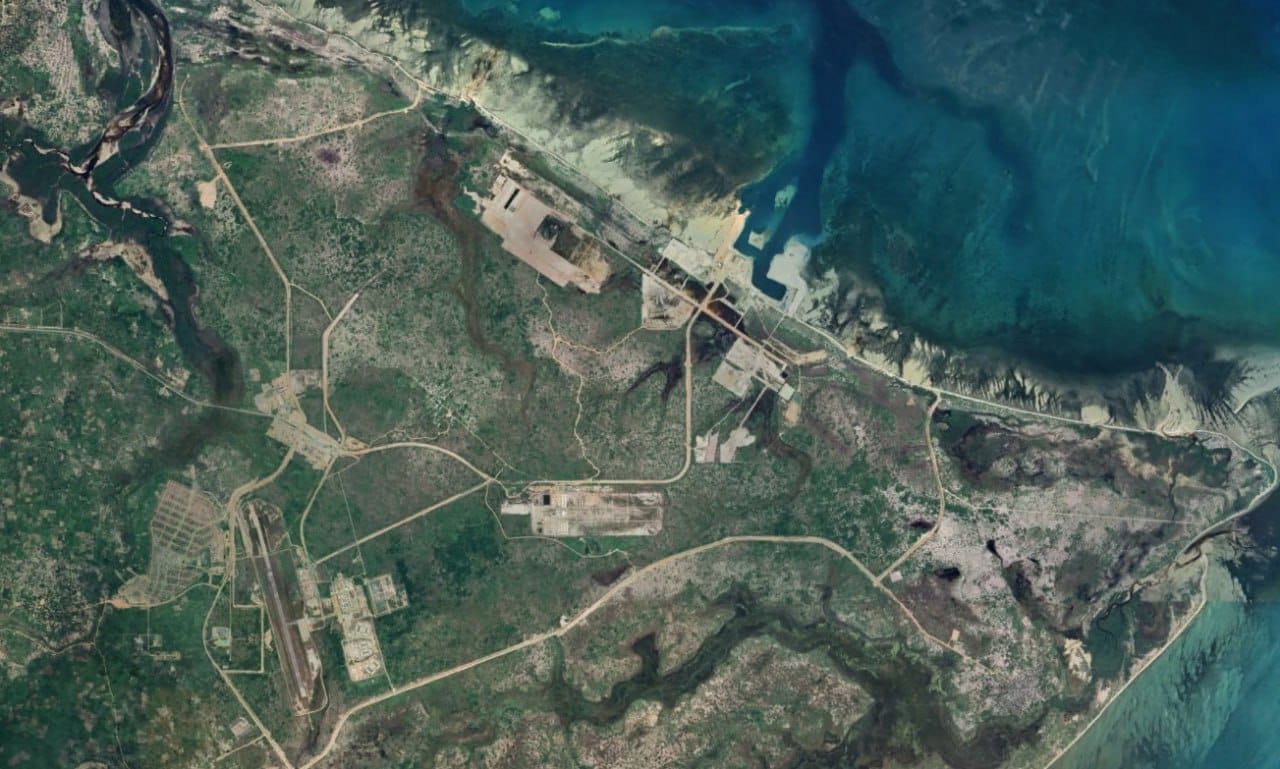The latest United Nations Group of Experts report on the Democratic Republic of Congo (DRC) was published on 13 June 2023. The UN has been publishing such reports on DRC since 2004. From a Mozambique perspective, the highlight of the latest report is the presentation of evidence on the connections between the insurgents in Cabo Delgado and the Allied Democratic Forces (ADF) in DRC through IS-affiliated networks. This represents the first time for the Group of Experts on DRC to recognise this link explicitly.
On relationships between IS affiliates in DRC and Mozambique, the report presents evidence of the management of IS finance networks in the region, stretching from Somalia to South Africa, and encompassing Mozambique, Tanzania, and Uganda. Evidence of recent direct contacts between the ADF and leaders from Cabo Delgado complements previous UN reports’ documentation of well-developed networks by the ADF, and other DRC armed groups, with southern Africa, and running through Tanzania, Burundi, and elsewhere.
On financing, the UN Group of Experts report presents similar evidence, if less detailed, to that presented by the Bridgeway Foundation in a report released earlier last month and reviewed in Cabo Ligado. Both discuss transfers from Somalia to South Africa for onward distribution in East Africa, between 2019 and 2020. The Group of Experts report, like Bridgeway, discusses transfers of up to 400,000 United States dollars from IS’s Karrar hub in northern Somalia to South Africa, and its onward transfer through a series of transactions to Kenya, for payments to Mozambique, Tanzania, and Uganda. As with Bridgeway, the Group of Experts’ focus is on the movement of money to the ADF in Uganda, for which it manages to successfully trace US$60,000 to its final recipients.
Evidence from both Bridgeway and the Group of Experts shows that at least up to 2021, Mozambique was tied into IS financing networks. These networks have taken some blows since. IS’s Bilal al-Sudani, who coordinated financial flows through Somalia, was killed by US forces in late January 2023. As early as August 2021, Abdirizak Mohamed Abdi Jimale, who reported to al-Sudani and managed transactions, according to the Group of Experts report, was convicted and jailed in Somalia.
The report also outlines direct contacts between the two groups. It mentions the movement of fighters between the two theatres as early as 2017-18. The report’s novelty is that this is presented as a new finding, while it has been known to authorities in Tanzania for some years. Indeed, the Group of Experts itself presented evidence of ADF recruitment networks extending across Uganda, Burundi, and Tanzania, and into South Africa as early as 2018, networks that almost certainly predated the UN investigation. Under the circumstances, it would be surprising if some element of mutual support between the DRC and Mozambican groups had not emerged.
More surprisingly, the report alleges that meetings between the two groups were held in Kigoma region in northwest Tanzania in August 2021, and in South Kivu province of DRC in June 2022. It claims a further meeting in South Kivu in early 2023. This echoes a report from the Center for Investigative Journalism in Mozambique last year that claimed that insurgency leader Bonomade Machude Omar, aka Ibn Omar, attended a meeting in South Kivu in late June or early July 2022. The UN report does not mention Bonomade’s attendance that year, but claims that he and Sheikh Abu Yassir Hassan of Cabo Delgado attended the 2023 meeting.
Reports of such meetings have been circulating amongst “researchers and diplomatic sources,” as cited in the UN report, for at least a year. On the Kigoma meeting, academic, diplomatic, and civil society sources in Tanzania have been unable to confirm such a meeting. However, analyst Ryan O’Farrell notes that the timing of the Kigoma meeting matches that of one Hytham al-Far, a Jordanian national who reached DRC through Tanzania in 2021. Evidence of his itinerary was presented in the Group of Experts’ June 2022 report.
It is worth remembering that the Group of Experts’ remit is wide. It covers the actions of all armed groups in DRC, both foreign and domestic, targeted sanctions, and connections between organised crime, armed groups, and natural resources exploitation. The plethora of interests around these issues can lead to a reluctance to cooperate by governments, including some in the region. This year, as every year, the Group of Experts “regrets the untimeliness and the low overall number of responses to its official requests for information from private sector actors and Member States and underlines that responses to such requests are essential to its investigations.” Unraveling transnational matters such as IS’s presence in east, central, and southern Africa when access to information is determined by competing national interests perhaps reflects the situation in the more intimate theatre of Cabo Delgado, where many of the same interests are present.

